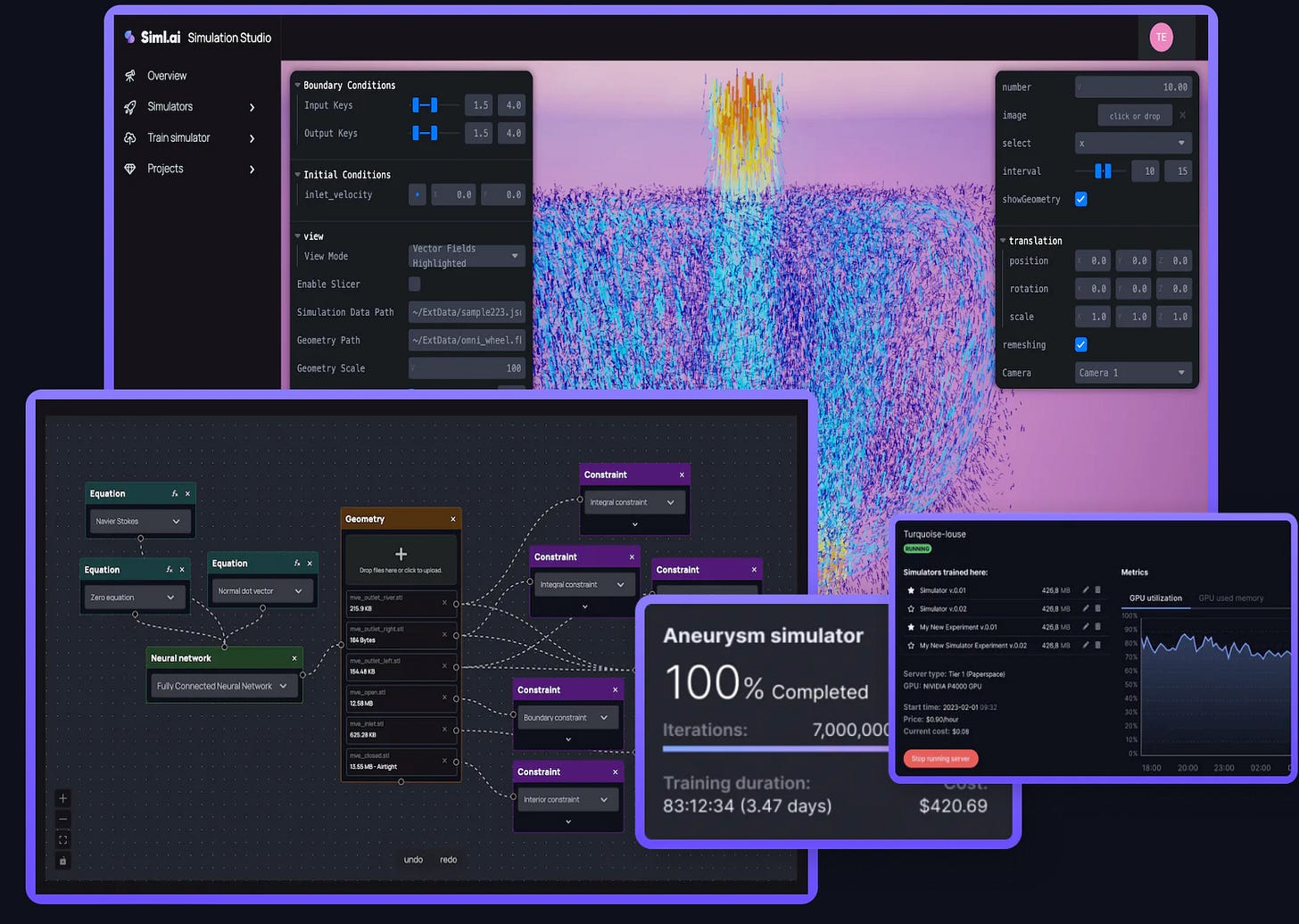💥 Geometry-Informed Neural Operators:
Transforming 3D Fluid Dynamics Simulations
Partial Differential Equations (PDEs) are crucial for modelling and comprehending natural events in the computer sciences, particularly in computational fluid dynamics (CFD). Even though they are precise, traditional techniques have trouble with complicated geometries and need a lot of processing power. Due to this constraint, there has been a surge in interest in using deep learning techniques, resulting in notable improvements in simulation efficiency.
💦 NASA - Introduction to Computational Fluid Dynamics Course
This series will help participants develop an understanding of computational fluid dynamics and provide an opportunity to practice numerical solution techniques as applied to the equations governing fluid mechanics and heat transfer.
💻 Build Your Own Website - You Need It!
I have released a new blog post and will save you a ton of time answering the question what platform you should go for if you finally want to have your own website or want to switch from your current platform to a more performant one.
🌱 How to Read a Paper
Researchers must read papers for several reasons: to review them for a conference or a class, to keep current in their field, or for a literature survey of a new field. A typical researcher will likely spend hundreds of hours every year reading papers. Learning to effectively read a paper with this free resource.
🎨 Physics-Informed Neural Networks (PINNs) - An Introduction - Ben Moseley
Physics-informed neural networks (PINNs) offer a new and versatile approach to solving scientific problems by combining deep learning with known physical laws. Such networks are able to simulate physical systems, invert for their underlying parameters and even discover underlying physical laws themselves. In this introductory workshop and live coding session, we will cover the basic definition of a PINN, their pros and cons compared to traditional scientific techniques and some of the state-of-the-art research in the field.
📚 AI in Engineering: Tech Talk
💻 Engineering Tool of the Week - Siml.AI
Leverage trained AI simulator models for solving engineering and scientific problems, by constructing interactive, physics and data-driven digital twins.
Train and optimize extremely fast physics simulators using deep learning techniques through a web-based Model Engineer application.
📚Book of the Week
The Lattice Boltzmann Method: Principles and Practice
This book is an introduction to the theory, practice, and implementation of the Lattice Boltzmann (LB) method, a powerful computational fluid dynamics method that is steadily gaining attention due to its simplicity, scalability, extensibility, and simple handling of complex geometries. The book contains chapters on the method's background, fundamental theory, advanced extensions, and implementation.
🙃 Meme of the Week
Work With Us
❤️ Support the Blog & Newsletter
Let’s connect on Twitter, Instagram or LinkedIn!
For any business-related issues or collaborations, email me at support@jousefmurad.com!
Keep engineering your mind! 🧠
Jousef










